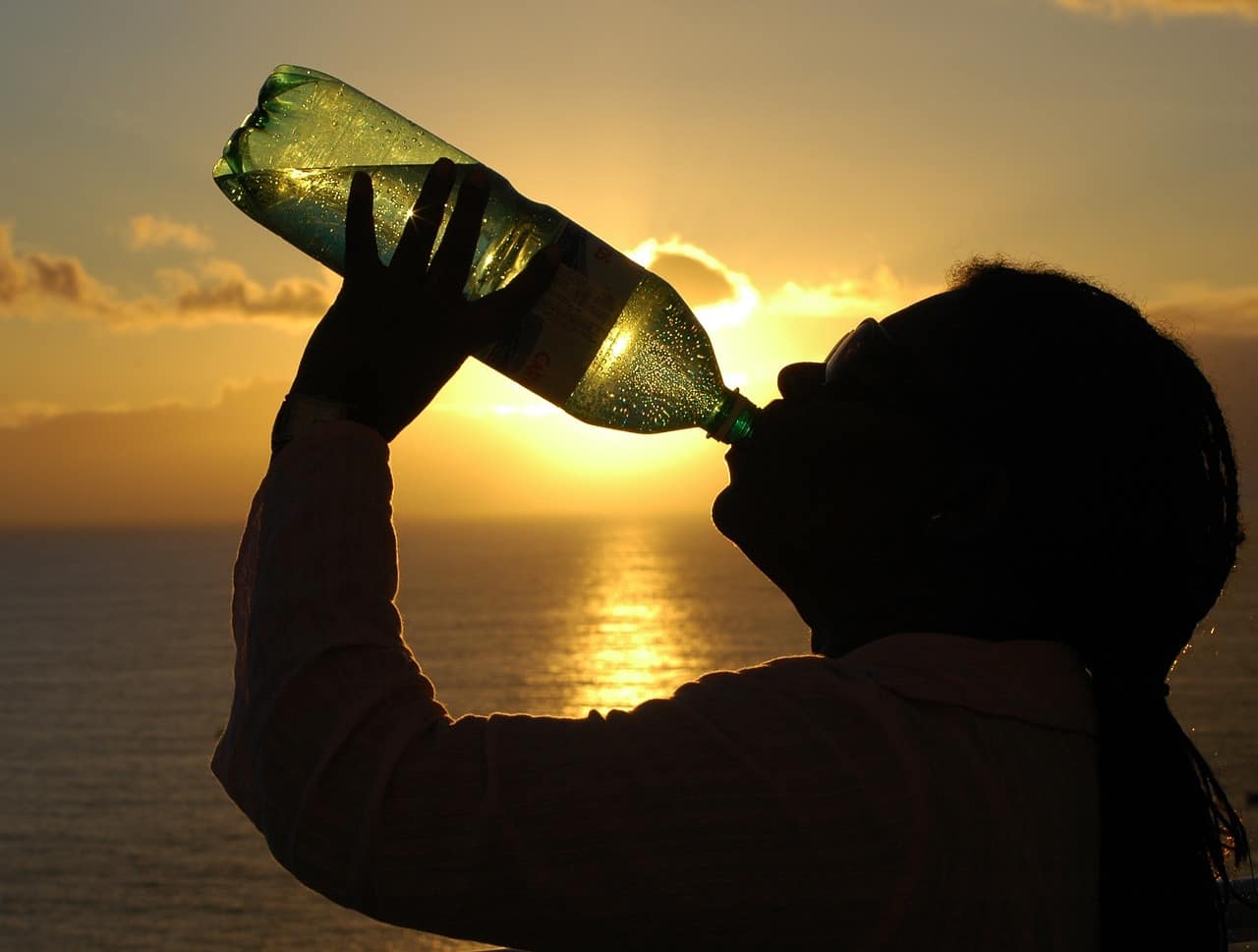Dehydration Facts And Tips For Minimizing The Risk Of Dehydration Occurring In Your Senior Loved One
You noticed that your senior loved one isn’t drinking water. You’re worried about how you can get them to consume more water to minimize the risks of dehydration. Pegasus home healthcare experts in Newberry Park and elsewhere are pleased to provide these facts and tips to help you.
Water is part of dozens of body fluids that are essential to life, including:
- Blood
- Gastric juices
- Plasma
- Saliva
- Spinal fluid
- Wastes such as urine and feces
The various fluids make up about 60 percent of total weight in a healthy person.
The human body needs water to function correctly. Among water’s many jobs are:
- Keeping eyes, nose, and mouth moist
- Flushing out body wastes
- Lubricating joints
- Providing nutrients to cells
- Regulating body temperature
The role of water in preventing constipation is why many medications must be taken with water.
Human bodies lose water continually. The water is naturally replaced by eating and drinking. Dehydration occurs when lost water isn’t adequately replenished.
Age Increases The Risk Of Dehydration
Your senior loved one can be at a higher risk of dehydration than other family members. Mature adults tend to have less fluids in their bodies due to age. Water is stored in the muscles, and seniors often have decreased muscle mass.
Other dehydration risk factors attributed to aging include:
- Decreased sensitivity to thirst
- Decreased efficiency of kidneys
- Decreased ability of the body to regulate fluids
- Disease
For the most part, these are beyond an individual’s ability to control.
Dehydration also results from the side effects of some medications. Either you or your senior loved one needs to discuss all prescribed meds with a physician. Over-the-counter drugs and supplements need to be included in the discussion to understand all side effects.
Inadequate water intake is behind most instances of dehydration. An incontinent adult often intentionally stops drinking water. Other adults don’t drink enough because:
- Lack of mobility keeps them from getting a drink
- They are not able to communicate their thirst clearly
- They are unaware of thirst due to dementia or other medical conditions
Preventing dehydration becomes part of a caregiver’s role.
It’s not always easy to determine if your senior loved one is dehydrated. The early symptoms are not always apparent. Some symptoms can be confused with other conditions.
Thirst Is Only One Symptom
Thirst indicates a need to increase fluid intake. However, by the time a person feels thirsty, they are usually already dehydrated. Physical symptoms of dehydration include:
- Confusion or delirium
- Dizziness
- Fatigue or weakness
- Infrequent or dark-colored urine
- Low blood pressure
- Rapid heart rate
A sudden loss in body weight is another indication of dehydration.
A quick test used by many is pinching a bit of skin on the back of the hand. It’s a sign of dehydration if the skin does not immediately return to normal. This isn’t always conclusive in seniors due to loose or wrinkled skin.
Electrolytes are dissolved minerals in body fluids. They include sodium, potassium, calcium, and magnesium among others. Dehydration leads to an imbalance in electrolytes, which then leads to nerve and muscle malfunctions.
Replacing Fluids Is The Only Solution For Dehydration
There is only one treatment for dehydration. That is to replenish fluids and bring electrolytes into balance. The choice of treatment depends on the underlying cause of the dehydration.
Alcohol is a diuretic. Do your best to reduce the number of alcoholic beverages being consumed. Pegasus home healthcare specialists can help you find professional help if needed.
Beverages that contain caffeine also have a diuretic effect. However, the effect is mild especially in adults that are used to caffeine-containing drinks. Moderation is the key to continue consuming beverages such as coffee or tea.
Keep water within easy reach, especially when your loved one has mobility issues. Many seniors can’t drink large amounts at one time, but frequent small amounts will keep them hydrated. If dementia is present, you may need to devise games to coax them into drinking.
Your senior may be willing to drink more if offered something other than water. Offer electrolyte-containing beverages, such as sports drinks. Try something like coconut water for a change.
You can also count on food to provide hydration. Fruits and vegetables contain a lot of liquid. Watermelon, in particular, is mostly water.
Other hydrating fruits and veggies include:
- Bell peppers
- Cantaloupe
- Cauliflower
- Celery
- Cucumbers
- Lettuce
- Oranges
- Peaches
- Strawberries
- Tomatoes
- Zucchini
These are all full of nutrients, have few calories, and require minimal preparation.
Meals centered around soups are an excellent way to provide hydration as well as nutrition. Broth is another healthy way to consume water.
What about drinking eight eight-ounce glasses of water a day? Many experts now regard that as a myth, because it’s not based on scientific research. Individuals do need adequate fluid on a daily basis, but they can get it from food as well as water.
Pegasus is a licensed Home Care Organization and a Joint Commission Accredited Home Health Care organization. Our home healthcare professionals in Newberry Park and our other locations offer one-on-one assistance. We are here for your loved one with whatever level of care they need.

